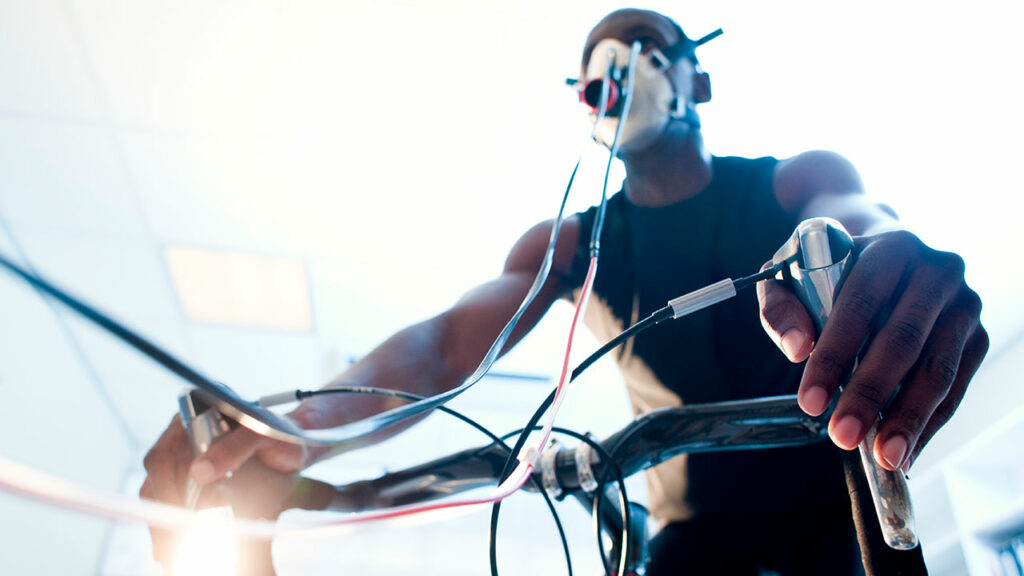
(Image credit: Getty Images)
From recreational leagues to the world stage, athletes and sportspeople are always searching for that extra 10% to help them train harder, run faster and play smarter than their opponents.
How can science help give athletes that competitive edge? And what can it tell us about the limits of the human body and mind? Discover all this and more as we uncover the science of sports.
Latest about science of sports
What’s the heaviest weight a person can lift?
By
Patience Asanga
published 28 July 24
The world’s strongest lifters on record won acclaim for hoisting thousands of pounds into the air at one time. Could they ever go heavier?
Exercise
What’s the most dangerous sport in the world?
By
Patrick Pester
published 27 July 24
It’s hard to compare sports head-to-head, but some stand out in terms of their risk of causing injury or death.
Exercise
Will Olympic athletes ever stop breaking records?
By
Kamal Nahas
published 26 July 24
Physically, athletes might reach a point where they can no longer beat sports records — however, innovative techniques and sportswear breakthroughs could potentially help athletes perform better in the future.
Exercise
Which Olympic sport burns the most calories?
By
Amy Arthur
published 26 July 24
Olympic-level sporting takes a lot of energy. But which event is the most energetically costly?
Exercise
What causes you to get a ‘stitch in your side’?
By
Clarissa Brincat
published 29 June 24
Many people are familiar with the sharp pain that can strike beneath your rib cage during exercise. But what causes it?
Exercise
‘We’re proving that this is a new door to understand cancer better’: Tour de France coach Iñigo San Millán on what elite cyclists could reveal about cancer biology
By
James Witts
published 29 June 24
Cancer researcher Iñigo San Millán is also a coach to Tadej Pogačar, a favorite to win this year’s Tour de France. In this interview, San Millán discusses his work in both arenas.
Exercise
Exercise may reverse sign of aging by ‘flushing’ fat from muscle
By
Jennifer Zieba
published 12 April 24
Researchers say they’ve identified a kind of fat that plays a major role in aging and can be controlled with short-term exercise.
Exercise
What determines how flexible you are?
By
Racheal Ede
published 18 July 23
A person’s flexibility is determined by many factors, including the structure of their joints, length of their muscle fibers and suppleness of their connective tissues.
Exercise
Why is it harder for some people to build muscle than others?
By
Kamal Nahas
published 17 July 23
How do muscle cells grow after a workout? And how do your genetics affect your experience as a gymgoer?
Exercise
‘Muscle memories’ get ‘zipped and unzipped’ in the brain, like computer files
By
Nicoletta Lanese
published 23 February 23
A new study revealed what happens in the brain when people plan and execute learned movement patterns.
Memory
12Archives
>>> Read full article>>>
Copyright for syndicated content belongs to the linked Source : Live Science – https://www.livescience.com/tag/science-of-sports
